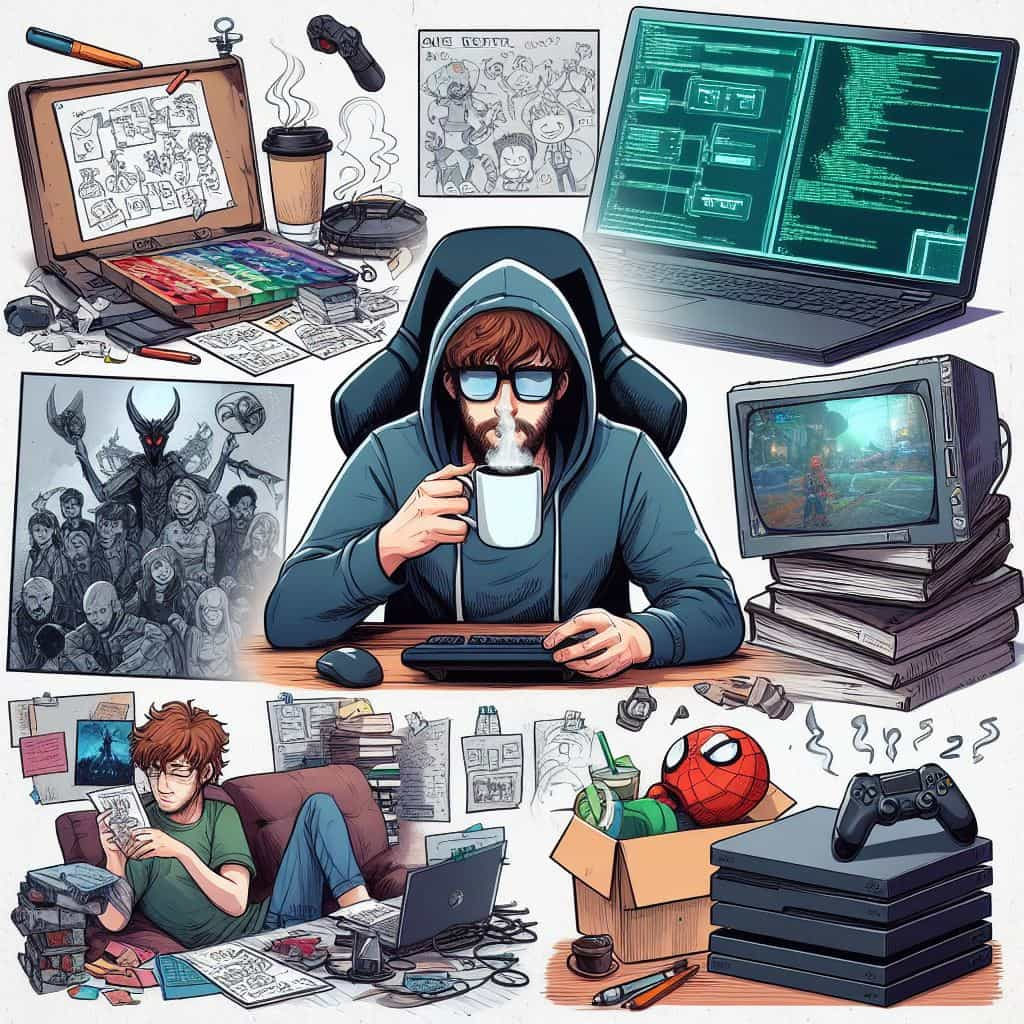The feedback and questions raised here touch on various aspects of game development, from marketing strategies to technical challenges and prototyping methods. Let’s address each point:
1. Reviews from First-Time Reviewers:
Gaining reviews from individuals who haven’t reviewed other games before can be attributed to several factors. These individuals might be friends, family members, or acquaintances of the developer who are eager to support their project. Additionally, incentivizing reviews or offering review copies of the game can encourage feedback from new reviewers.
2. Timing of Steam Page Creation:
Creating a Steam page before early access allows developers to generate interest and anticipation for their game by showcasing screenshots, trailers, and information about the game’s concept and features. While gameplay footage is beneficial, developers can use placeholder assets or concept art to represent the game’s visual style until more polished assets are available.
3. Seeking Early Players and Communities:
Finding early players and building a community around a game can be challenging but rewarding. Developers can engage with existing gaming communities on platforms like Reddit, Discord, and forums, sharing progress updates, seeking feedback, and connecting with potential players who share similar interests.
4. Overcoming Technical Challenges:
Struggling with technical challenges in game development is common, especially for beginners. It’s essential to break tasks down into manageable steps, seek out specific tutorials or resources for guidance, and persistently experiment and iterate until progress is made. Additionally, joining online communities and seeking mentorship from experienced developers can provide valuable support and guidance.
5. Prototyping and Fail-Fast Philosophy:
Prototyping is crucial for quickly testing ideas and iterating on game concepts. Game engines like Unity, Unreal Engine, and Godot provide tools and resources for rapidly prototyping gameplay mechanics, level designs, and visual concepts. Embracing the fail-fast philosophy allows developers to experiment, learn from failures, and iterate more effectively toward a successful game design.
In conclusion, the journey of game development involves overcoming challenges, seeking support from communities, and embracing iterative processes. By leveraging marketing strategies, seeking feedback, and persistently honing their skills, developers can navigate the complexities of game development and bring their creative visions to life.














